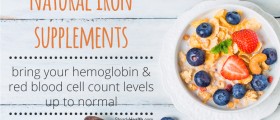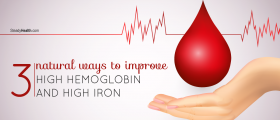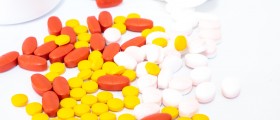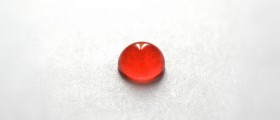
Of course it is! Iron is surely one of the most important minerals of the body, and is just as surely amongst the one's which are most easily overlooked and its importance is so severely underestimated. The lack of iron within the human body may result in one or several of the following feelings: feeling tired, disoriented or depressed.
However too much iron is just too much of the good thing. What is wrapped within an "iron overdose" is nothing else but constipation. Namely, such an overdose may leave the sufferer for many minutes, even hours hanging around the toilet with no hope of relief. That's right, too much iron may constipate!
So how much is enough?
Now, in order to determine the proper amount of iron needed to be taken in via a person's diet, one must first take a look at its properties and effects it causes.
Namely, iron is a mineral which is transported throughout the human body via hemoglobin – which is the equivalent of the express highway of the human body. Understandably so, hemoglobin is also used to transport oxygen to whichever part of the human body needs it. Deductively, a lack of hemoglobin is the main cause of anemia, which in turn makes a person feel constant headaches and tiredness. The person is also more vulnerable to infections.
Apart from that, iron is also important when it comes to maintaining normal brain functions. It is used to ward off depression in a palette of cases, amongst other similar inconveniences. It is known to alleviate weaknesses, irritability and dizziness.
On the dark side, a considerable number of people are concerned about their iron level, and thus use iron supplements. As noted before, overkill will most likely lead to: constipation, abdominal pain, severe nausea, vomiting and diarrhea with blood.
Any patient suffering from one or a number of the previously mentioned symptoms ought to contact his/her doctor immediately.
Apart from that, iron supplements are rendered obsolete once a person learns how to take in enough of the stuff naturally, via diet. The RDA (recommended daily allowance) varies according to age and sex.
Men between ages of eleven and fourteen ought take in 12 mg/day, while those above nineteen should reduce it to 10 mg/day.
Women between ages of eleven and fifty should take in 15mg/day, whilst the ladies well over fifty should also reduce it to 10 mg/day.
Lastly, children bellow six months of age should take in 6mg/day, those between six and twelve months have an increase to 10 mg/day and those of one to ten years of age should take in 10mg/day.
Iron-rich foods include organic leafy green vegetables, whole grain products, lean meats, free-range poultry, non farmed fish and so forth.

















Your thoughts on this
Loading...